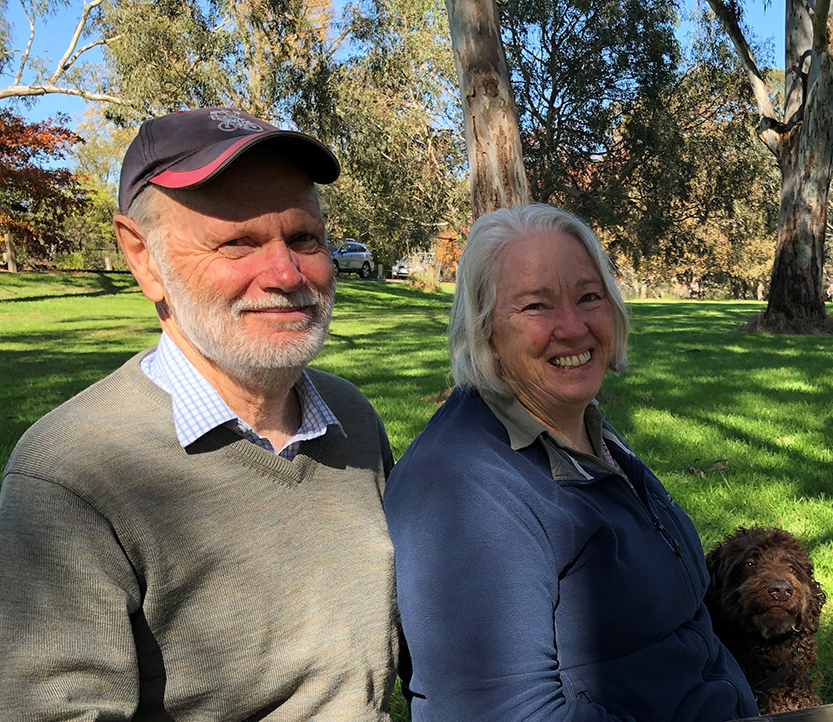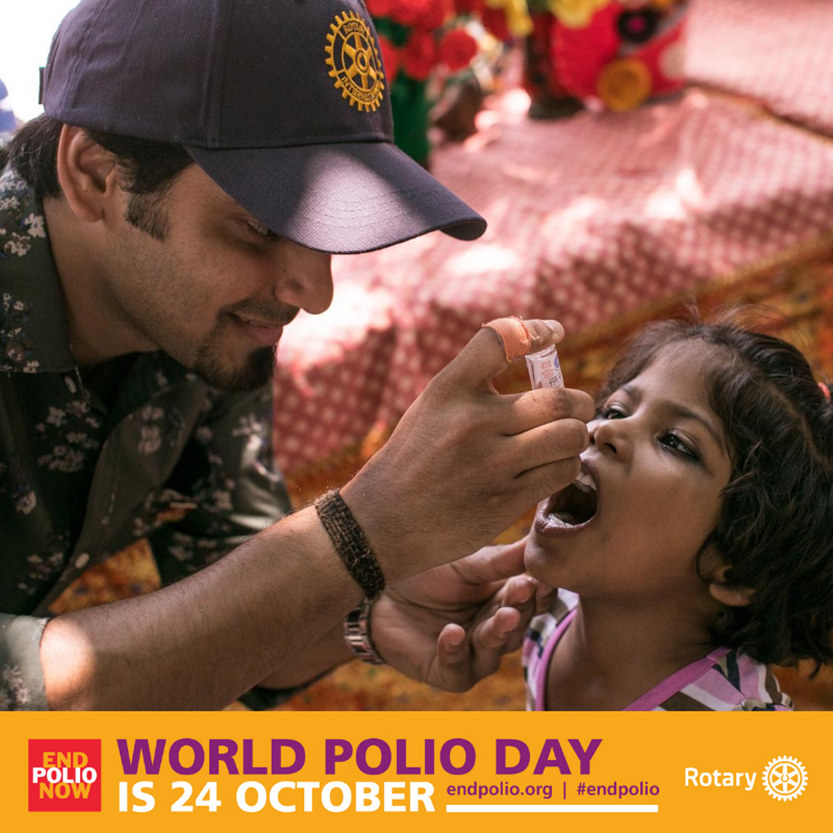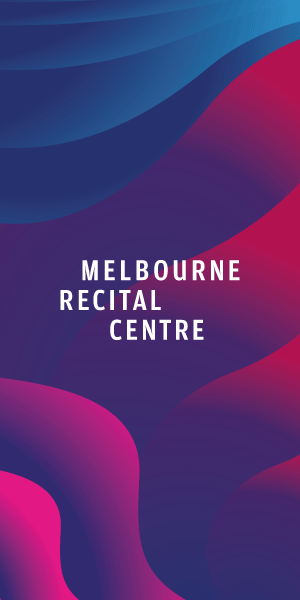Rotary walks and talks health
In focus: the Rotary Walk With Us to end polio program.
The Rotary Walk With Us campaign during October is a fun way to raise awareness and funds to end polio now.
Using Rotary’s friendly website (rotarywalkwithus.org), you can register to walk, set your distance and fundraising goals. Alternatively, you can donate to someone who is walking. World Polio Day is October 24, 2021.
Rotary, the World Health Organisation, UNICEF and the Centers for Disease Control and Prevention launched the Global Polio Eradication Initiative (GPEI) in 1988. However, prior to that, the late Sir Clem Renouf, an Australian born in Ingham, Queensland in 1921 and president of Rotary International in 1978, first lit the candle of curiosity that led to the formation of the GPEI. After being inspired by the eradication of smallpox, Renouf urged Rotary’s then 850,000 global members to work for the same mission for the first time.
That mission? To achieve a world where every child can receive the life-saving polio vaccine.
Because non-health professionals can administer the oral polio vaccine, Rotarians raised millions and delivered the vaccinations themselves to children in the Philippines. Today more than 18 million individuals are walking instead of being paralysed by polio because of the GPEI.
In 2007, the Bill and Melinda Gates Foundation joined Rotary in its commitment to ending polio. Since 2013, the Gates Foundation has matched every dollar Rotary commits to polio eradication two-to-one, up to $35 million per year. Rotary with matching funds from the Gates Foundation has contributed more than $1.6 billion to end polio.
Since the fight was started against polio, the number of polio cases has been reduced by 99.9 per cent and reached more than 2.5 billion children with the vaccine. There are fewer polio cases today than ever before, but the job will not be finished until zero cases are reported. At the moment, the wild polio virus is only endemic in Afghanistan and Pakistan. If eradication efforts stopped today, within 10 years, polio could paralyse as many as 20,000 children each year. So, the battle continues.
Join us (endpolio.org/donate) in the fight to end this insidious virus.
Mental health first aid
Mental health has been a lot in the news lately, particularly as Victorians are feeling the effects of lockdowns.
One way that we all can contribute to support people with mental health problems is to do a mental health first aid training course. More than 900,000 Australians have now done one of these courses, which build skills in how to assist someone who is developing a mental health crisis, such as feeling suicidal.
Mental health first aid training was developed in Australia 21 years ago by Betty Kitchener AM and Prof Tony Jorm, and it has now become a global program, with more than four million people trained.
What is not commonly known is the important role that Rotary played in the development of mental health first aid. Rotarians have set up an organisation - Australian Rotary Health - which funds much-needed research, particularly in the area of mental health.
Australian Rotary Health has funded a number of research projects on mental health first aid, which have been important to its global spread. These include the development of international guidelines on how to offer the best mental health first aid, and research on mental health first aid training for teenagers to help their friends.
The founders of mental health first aid, Betty and Tony, were so impressed with the work that Australian Rotary Health was doing that they became Rotarians themselves. Betty is a member of the Rotary Club of Flemington-Kensington, and Tony is a member of the Rotary Club of Carlton.
If you are interested in doing a mental health first aid course, including online, information can be found at mhfa.com.au •

Bottega Tasca: Carlton’s go-to fine wine boutique





 Download the Latest Edition
Download the Latest Edition